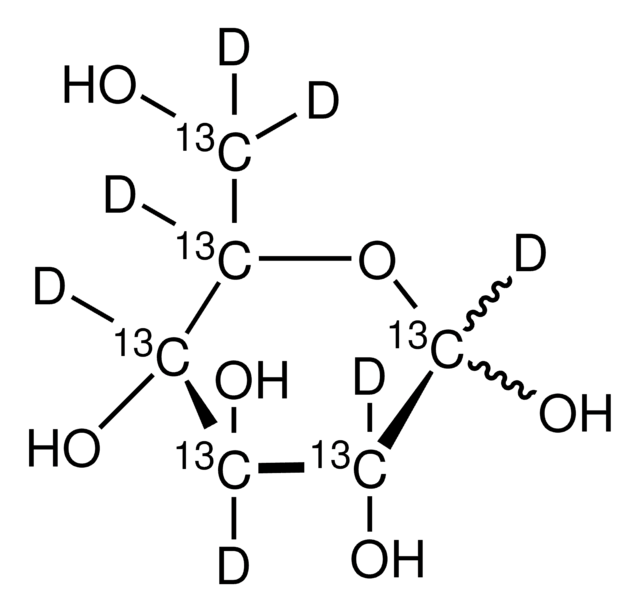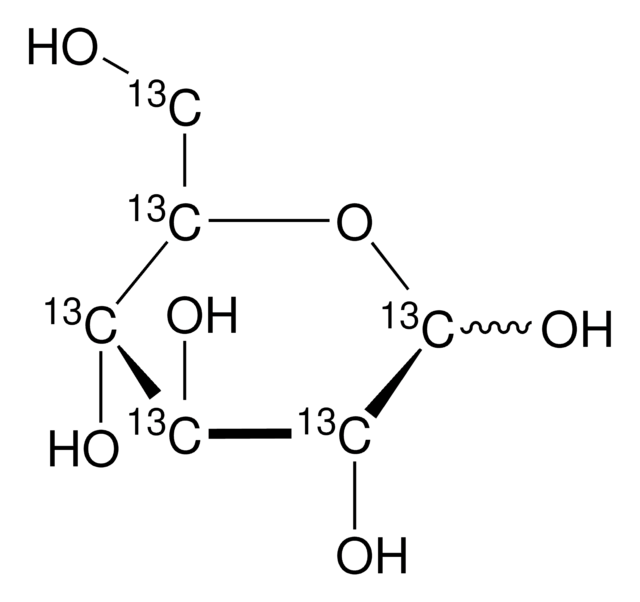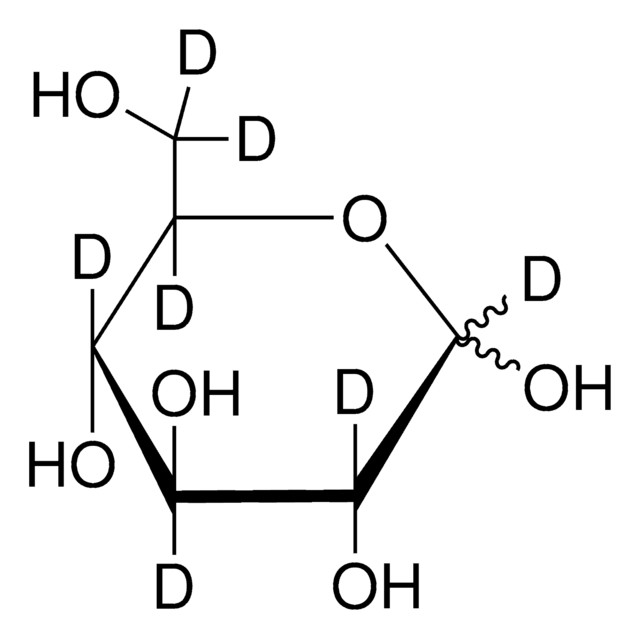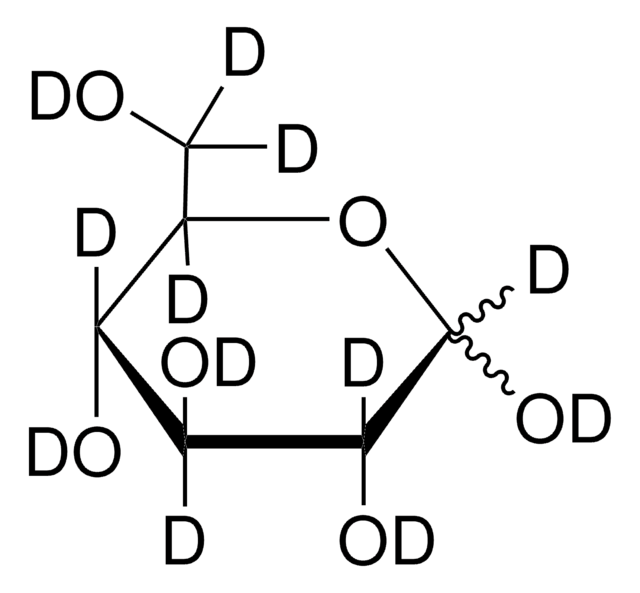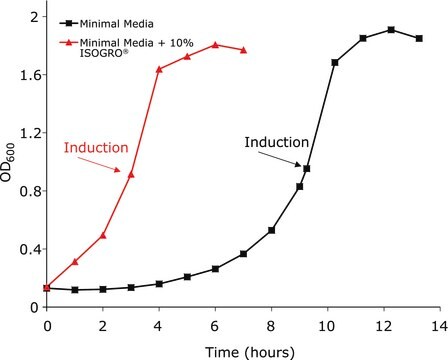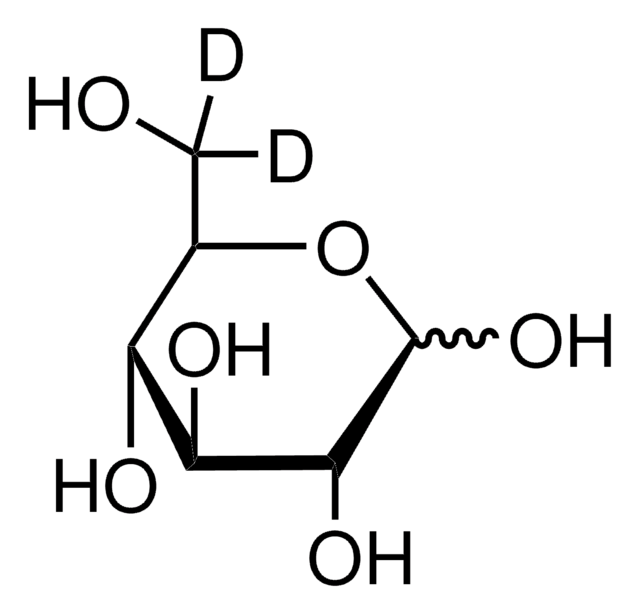616729
ISOGRO®-D Powder -Growth Medium
97-99 atom % D
Se connecterpour consulter vos tarifs contractuels et ceux de votre entreprise/organisme
About This Item
Produits recommandés
Pureté isotopique
97-99 atom % D
Technique(s)
bio NMR: suitable
Température de stockage
−20°C
Catégories apparentées
Conditionnement
This product may be available from bulk stock and can be packaged on demand. For information on pricing, availability and packaging, please contact Stable Isotopes Customer Service.
Informations légales
ISOGRO is a registered trademark of Merck KGaA, Darmstadt, Germany
Code de la classe de stockage
13 - Non Combustible Solids
Classe de danger pour l'eau (WGK)
WGK 1
Point d'éclair (°F)
Not applicable
Point d'éclair (°C)
Not applicable
Faites votre choix parmi les versions les plus récentes :
Certificats d'analyse (COA)
Lot/Batch Number
Vous ne trouvez pas la bonne version ?
Si vous avez besoin d'une version particulière, vous pouvez rechercher un certificat spécifique par le numéro de lot.
Déjà en possession de ce produit ?
Retrouvez la documentation relative aux produits que vous avez récemment achetés dans la Bibliothèque de documents.
Carissa L Perez et al.
Cell metabolism, 8(3), 266-274 (2008-09-03)
Although studies in C. elegans have identified numerous genes involved in fat storage, the next step is to determine how these factors actually affect in vivo lipid metabolism. We have developed a (13)C isotope assay to quantify the contribution of
Xavier Hanoulle et al.
The Journal of biological chemistry, 282(47), 34148-34158 (2007-09-15)
The chemotaxis and integrin-mediated adhesion of T lymphocytes triggered by secreted cyclophilin B (CypB) depend on interactions with both cell surface heparan sulfate proteoglycans (HSPG) and the extracellular domain of the CD147 membrane receptor. Here, we use NMR spectroscopy to
Weizhi Liu et al.
The Journal of biological chemistry, 284(45), 31336-31349 (2009-08-28)
The eukaryotic translation initiation factor eIF4E recognizes the mRNA cap, a key step in translation initiation. Here we have characterized eIF4E from the human parasite Schistosoma mansoni. Schistosome mRNAs have either the typical monomethylguanosine (m(7)G) or a trimethylguanosine (m(2,2,7)G) cap
Melanie H Smith et al.
The Journal of biological chemistry, 289(37), 25670-25677 (2014-08-03)
A substantial fraction of nascent proteins delivered into the endoplasmic reticulum (ER) never reach their native conformations. Eukaryotes use a series of complementary pathways to efficiently recognize and dispose of these terminally misfolded proteins. In this process, collectively termed ER-associated
Brendan C Mullaney et al.
Cell metabolism, 12(4), 398-410 (2010-10-05)
Acyl-CoA synthases are important for lipid synthesis and breakdown, generation of signaling molecules, and lipid modification of proteins, highlighting the challenge of understanding metabolic pathways within intact organisms. From a C. elegans mutagenesis screen, we found that loss of ACS-3, a long-chain
Notre équipe de scientifiques dispose d'une expérience dans tous les secteurs de la recherche, notamment en sciences de la vie, science des matériaux, synthèse chimique, chromatographie, analyse et dans de nombreux autres domaines..
Contacter notre Service technique